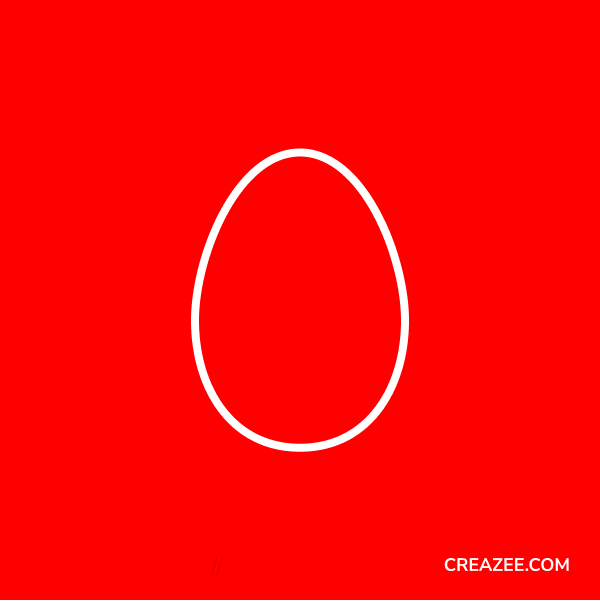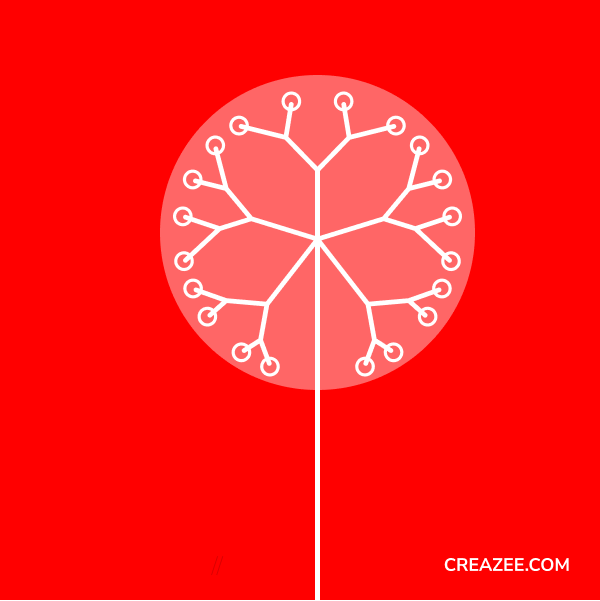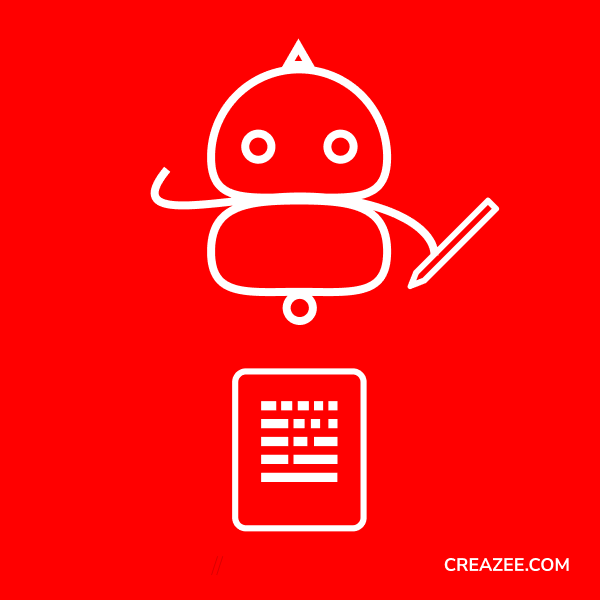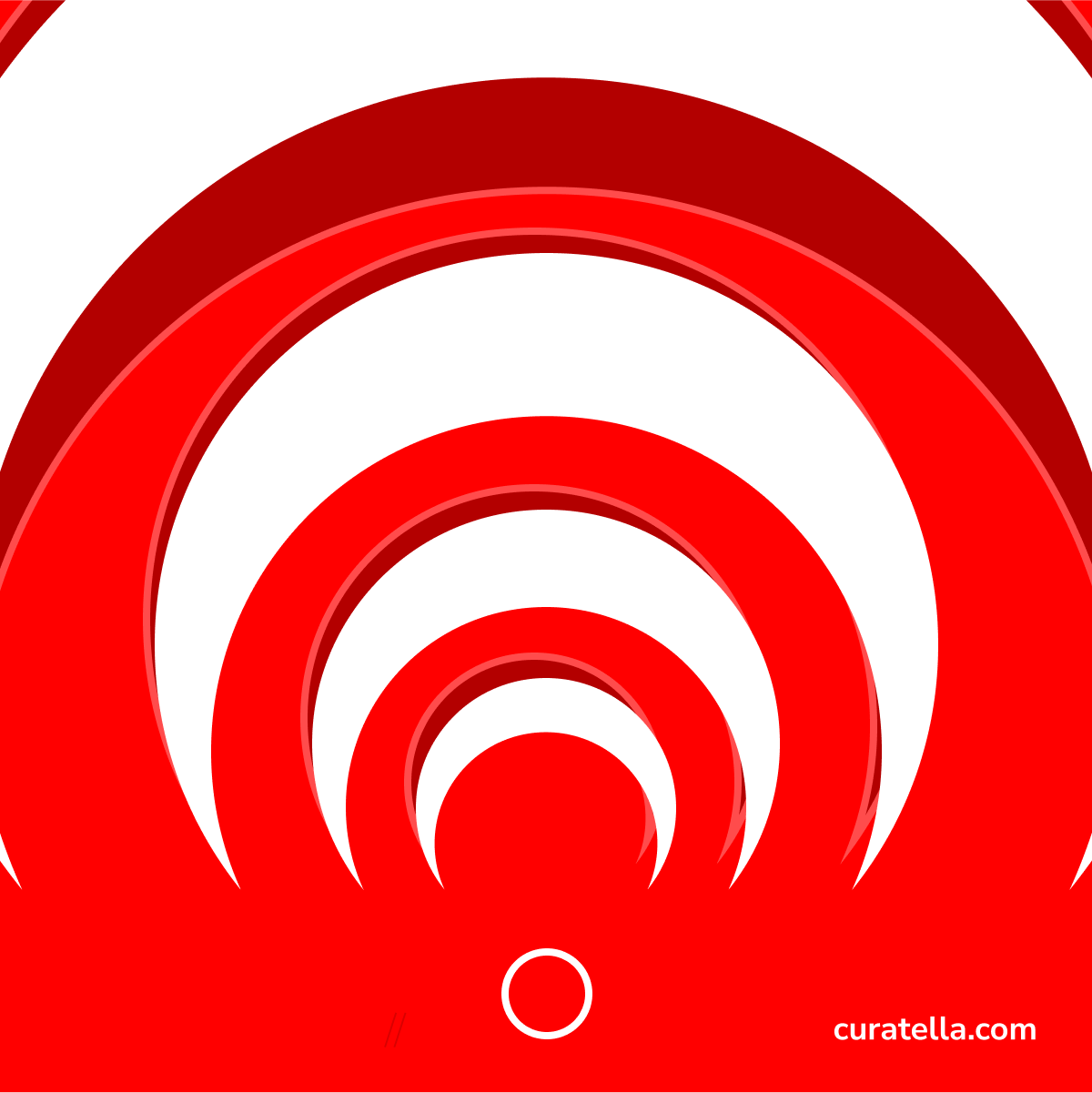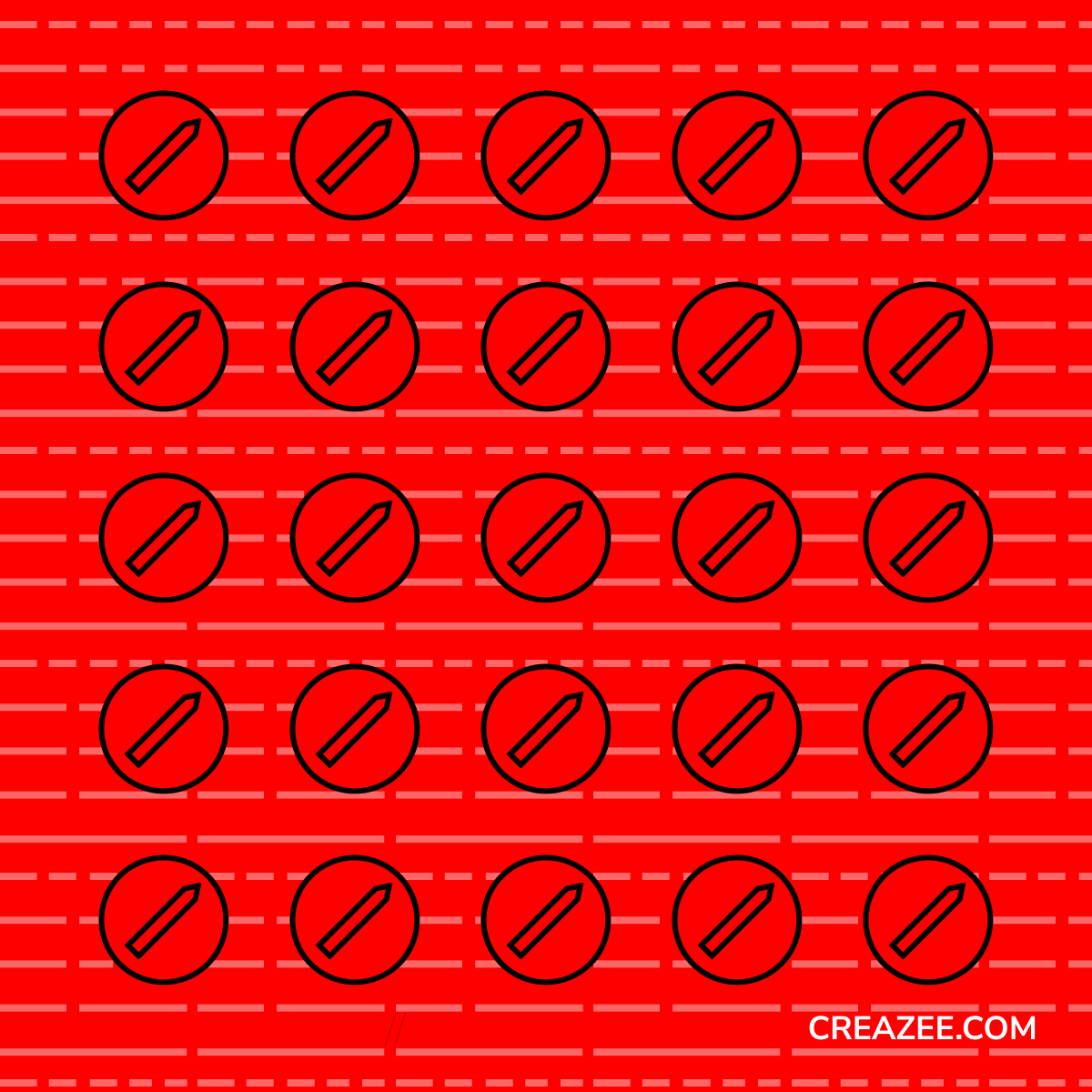I am Massimo Curatella, and this is my DAY 4 Article in the CREAZEE Daily Writing Challenge and my 139th daily article in a row.
—Dad?—
—Yes, dear.—
—How is it going with your course?—
—It’s not a course, honey. It’s a writing challenge.—
—What does it mean?—
—It’s Easter, and I’ve been overeating, sleeping too much, laughing a lot. I am relaxed. I don’t want to sit down and write. That is a challenge.—
—And what about your students, Dad?—
—They are not “my students.” They are my peers. They are challenging themselves to be different people. That’s what we’re trying to do together.—
—How are you different, Dad?—
—I used to live my day lead by events, by commitments, by the next exciting thing. I have been lucky—a lot. But I want to have a say in my life. I want to build something that I decide, not the World.—
—And, Dad, how is that related to your course, sorry, to your challenge?—
—That’s precisely the point. We decide to reserve some dedicated time to our creativity every day to build the things we want for ourselves.—
—And what do you want to build, Dad?—
—I want to create the capacity to create, honey. That’s the best meaning of creativity I got.—
—Well, Dad, that’s a good idea. I am going to create my world in Minecraft, then!—
—Good idea! I will go to write my Daily piece, instead.—
